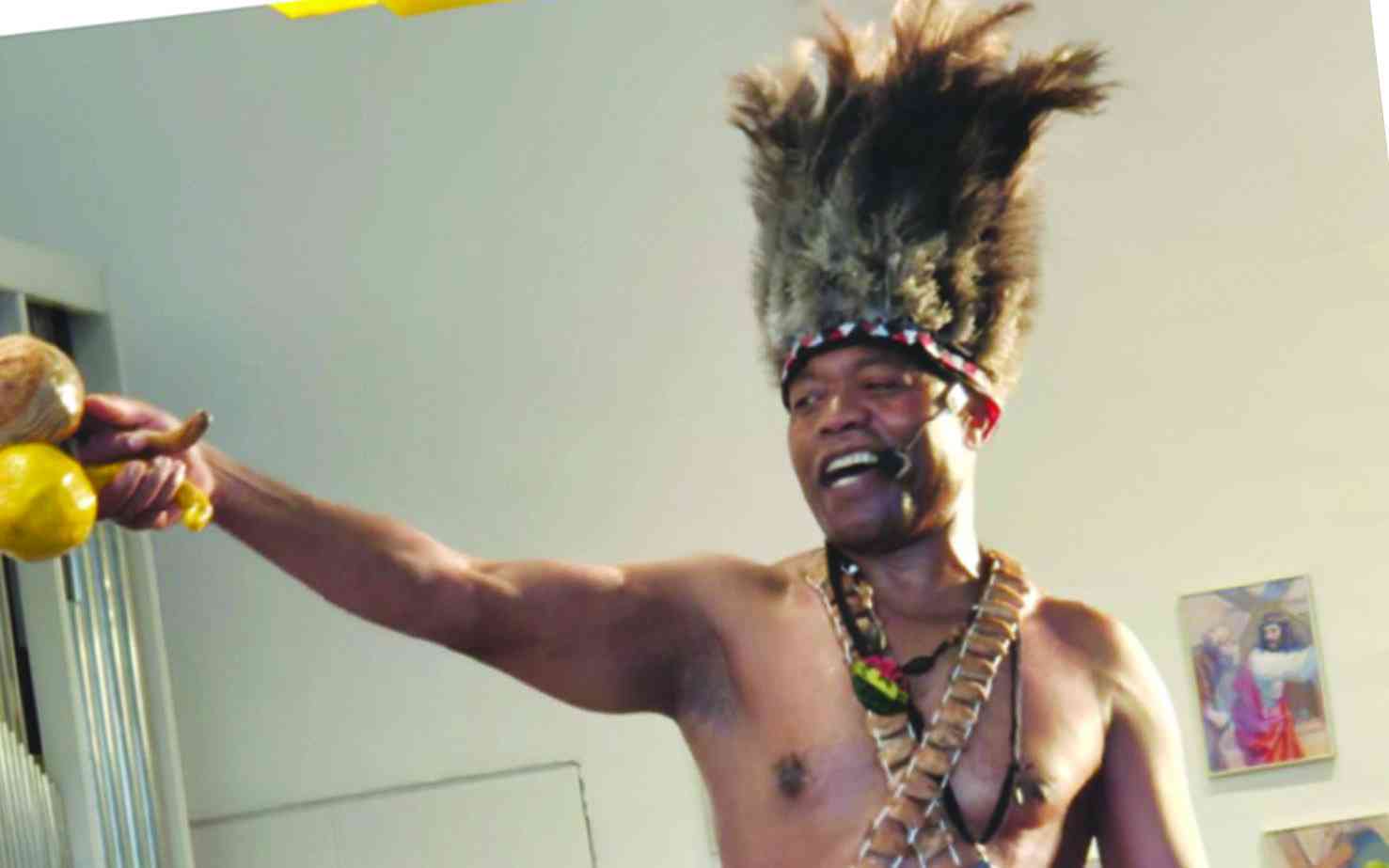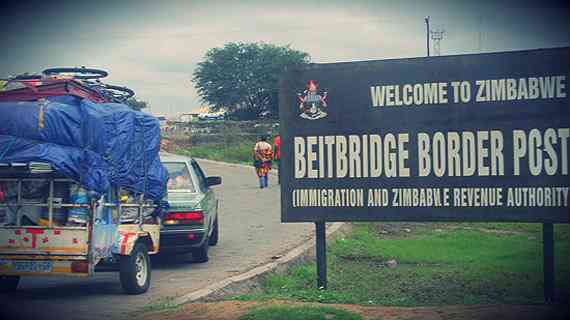
EASTER is upon us once again and millions of Christians around the world are preparing to pay homage to the man who conquered death — Jesus Christ of Nazareth.
According to traditional Christianity, the crucifixion of Jesus Christ occurred on a Friday (Good Friday) around sunset and His resurrection occurred before sunrise on Easter Sunday.
This article examines this dogma from the standpoint of the Holy Bible, with a view to ascertaining whether this central event of all human history — the death and resurrection of Jesus Christ — actually occurred during the Easter period.
In my in-depth study of the scriptures, I found that the belief that Jesus Christ was crucified on a Friday is premised on the assumption that the day that followed the crucifixion was the regular weekly Sabbath, which was always celebrated on a Saturday.
However, the scriptures show that the day in question was not a weekly Sabbath, but a “high day” or an annual Sabbath(John 19:31).This particular annual Sabbath was the first day of the Feast of unleavened bread.
There are several annual Sabbaths that God commanded His people to observe. These are: The passover, pentecost, the feast of unleavened bread, the feast of trumpets, the feast of tabernacles and the day of atonement (Leviticus 23).
During Jesus Christ's earthly ministry, the Pharisees demanded a sign or miracle from Him to substantiate His claim that He was the Messiah sent by God. In response, Jesus Christ said the only sign He would give was to remain in the grave for the same length of time that the prophet Jonah spent in the belly of the big fish — three days and three nights (Matthew 12:39-40).
Christ actually staked His claim to being the Saviour of mankind upon spending three days and three nights in the rock-hewn sepulchre, before being brought back to life through a supernatural resurrection. If He failed to fulfil this sign, He risked being denounced as a phony or an impostor.
- Unpacking Christ; our wisdom (2)
- Sunday word: Battle of Biblical 'Armageddon'
- Grace tidings: Beware of false teachers and bad doctrine (Part 2)
- Grace tidings: He loves you unconditionally
Keep Reading
In the light of this, if we are to embrace the traditional, Roman Catholic Church-espoused teaching that Jesus Christ was crucified on a Friday at sunset and resurrected on a Sunday morning, then we have no other option but to accept that He failed to fulfil the only sign by which He staked His claim to messiahship.
According to the Holy Bible, a daytime and a night-time period are each 12 hours in length, making a full day — 24 hour (John 11:9-10). If we are to use this plain biblical truism as a yardstick, there’s absolutely no way we can have three 24-hour periods — three days and three nights — between Friday evening and Sunday morning.
The plain truth is that there is not a shred of evidence in the Holy Bible to substantiate the teaching that the death and resurrection of Jesus Christ occurred during the Easter period. Research has actually established that Easter has no Christian origins and gravitated to the Roman Catholic Church from paganism. In fact, the word Easter is derived from Eostre, the Anglo-Saxon goddess, whose religious ceremonies had sexual overtones and were celebrated in spring.
The bible reveals that the crucifixion of Jesus Christ occurred on a Passover on the 14th of Nissan, on the precise date that Passover lambs had been slain under the Old Covenant.
The original Passover marked the exodus of the Israelites out of Egypt after God had poured out plagues upon Egypt to compel Pharaoh to free the children of Israel (Exodus12).
The Passover was instituted as an ordinance forever (Exodus12:17,24). Jesus Christ merely changed the manner of observance of this sacred ordinance. Christians are no longer required to slaughter a lamb and eat its flesh as was the norm under the Old Covenant. Instead, Christians are now required to eat unleavened bread, symbolising Christ’s body and drink wine, symbolising His shed blood. The perplexing paradox, however, is that the overwhelming majority of Christians today celebrate the resurrection of Jesus Christ on a Sunday morning, in a ceremony using wine and bread. And yet, nowhere in the Scriptures can we find Jesus Christ commanding His followers to celebrate His resurrection on a Sunday morning using wine and bread, the emblems of His death. We find instead, Jesus Christ commanding His disciples to commemorate His death (Matthew 26:17-29, Luke 22:14-20).
The scriptures show that Jesus Christ instituted the New Covenant Passover on the 14th of Nissan. According to some historical sources, this was on a Tuesday evening, in AD 31.
Today, our days begin at midnight, but in the first century people in Judea reckoned their days from sunset to sunset. And so, a few hours after the Passover, now a Wednesday, Jesus Christ was arrested, crucified and towards sunset buried in a rock-hewn sepulchre.
His resurrection occurred three days and three nights later at sunset on a Saturday at the same time that He had been buried. This was in fulfilment of His promise to rise again after three days and three nights in the grave.
When Mary Magdalene and others arrived at the tomb very early on that Sunday morning, Jesus Christ had already resurrected. The gospels testify to this plain biblical truth (Mark 16:6, Luke 24:6, Matthew 28:5-6 and John 20:1).
Jesus Christ set us an example and by following His example and observing this sacred ordinance- the New Covenant Passover or Memorial of His death — on the 14th of Nissan, we continue to commemorate His death annually on the anniversary of His death. Christ Himself commanded us to do this (Luke 22:14-20; Matthew 26: 17-29). According to the Jewish calendar, this year the 14th of Nissan falls on Tuesday, April 4.










